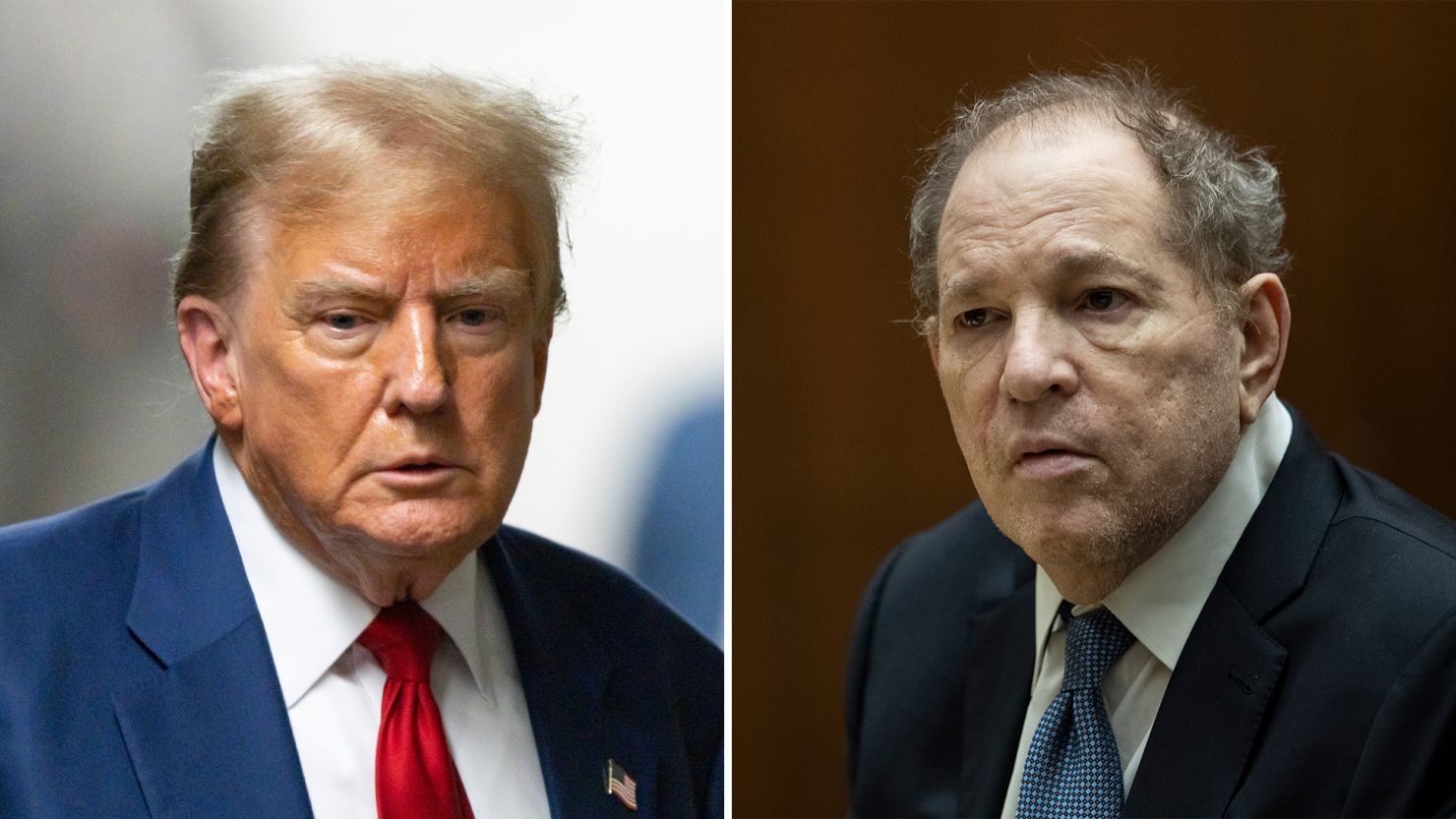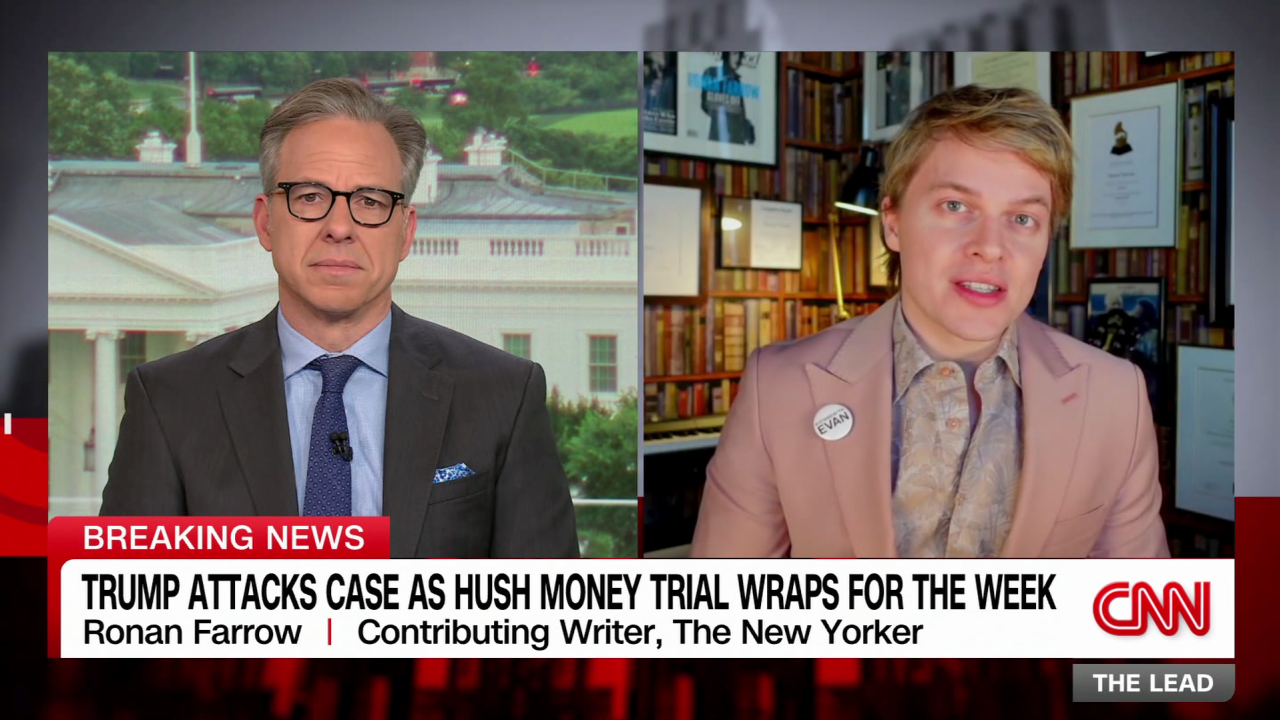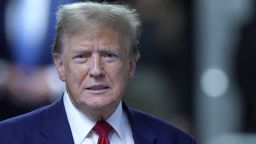The message from the highest court in the state of New York was clear last week: No matter who they are or how unpopular they might be, defendants are entitled to a fair trial.
It was the central point in a decision handed by the New York State Court of Appeals overturning Harvey Weinstein’s 2020 rape conviction. The 4-3 ruling concluded that the Weinstein jury was potentially prejudiced against the defendant because the judge allowed women to testify about allegations that were not part of the case, purportedly to prove Weinstein’s intent.
“It is our solemn duty to diligently guard these rights regardless of the crime charged, the reputation of the accused, or the pressure to convict,” the majority declared.
The appeals court decision centered on two key rulings by the Weinstein court trial judge that it found problematic: his “Molineaux” ruling admitting testimony from three other accusers, and his “Sandoval” ruling permitting prosecutors to ask Weinstein about a host of “loathsome” but irrelevant misconduct if the defendant chose to testify.
Some legal observers believe the Weinstein decision could prove relevant as the hush money trial against former President Donald Trump unfolds in Manhattan. Judge Juan Merchan, who is overseeing the trial and making day-by-day decisions about what evidence is allowed in court, is bound to the same guidelines as the Weinstein trial judge.
“If I were representing Trump, I would have been in court that very morning waving this decision in front of the judge’s face saying that he needs to reconsider his Molineux and Sandoval ruling,” attorney Douglas Wigdor, who has represented numerous Weinstein accusers, including a Molineux witness who testified during the 2020 trial, told CNN. “I would be seeking a mistrial at this point – they’ve already let in the evidence that the judge had relied on.”
Although prior bad act witnesses like the three who testified in the Weinstein trial are not completely uncommon, the appeals court ruled they were used to infer guilt, which is not allowed.
Trump is charged with 34 counts of falsifying business records related to hush money payments made to adult film star Stormy Daniels. He has pleaded not guilty.
It’s not clear yet whether prosecutors will call Karen McDougal to testify, but her testimony could be an issue because Trump’s alleged sexual relationship with McDougal, and the hush money payment she received, is not part of the charges. (Trump has denied having an affair with her and Daniels.)
In March, Merchan ruled that McDougal’s testimony about the hush money payment can be introduced, but he prohibited the parties from exploring the underlying details of what allegedly transpired between her and Trump.
Stephen Gillers, professor of law at New York University, said the Weinstein ruling will certainly be important to Merchan.
“This will be the most significant case he ever tries. He does not want to risk reversal in the event of conviction,” Gillers said.
“It shows the evidentiary rulings on the part of the trial judge – which seem to go very quickly and sometimes end up being in the rear-view mirror – can actually end up being very significant,” said Deborah Tuerkheimer, a former Manhattan prosecutor and current law professor at Northwestern University.
Judge Madeline Singas dissented from the Weinstein appeals court ruling, saying the information was needed for the jury to consider.
“This conclusion deprives juries of the context necessary to do their work, forecloses the prosecution from using an essential tool to prove intent, ignores the nuances of how sexual violence is perpetrated and perceived, and demonstrates the majority’s utter lack of understanding of the dynamics of sexual assault,” Singas wrote. “Because New York’s women deserve better, I dissent.”
Prosecutors said Wednesday they intend to re-try Weinstein later this year.
Why ‘Sandoval’ is so important
The ruling on what happens if Trump takes the stand may be the most relevant, as the former president has claimed he would like to testify.
The appeal’s court slammed the Weinstein judge’s Sandoval ruling, which would have allowed the prosecution to bring up certain “bad acts” had Weinstein taken the stand, as “breathtakingly inclusive of behavior that was loathsome but not the type of conduct that would assist the jury in measuring his credibility on the stand.”
The routine legal process is specific to New York and allows the court to determine whether past wrongdoing can be brought up in the trial of a defendant and what prosecutors are allowed to ask if a defendant takes the stand. The hearing takes its name from the 1974 murder case against Augustin Sandoval, whose lawyer wanted to prohibit mention of his client’s past crimes saying it would prejudice the jury. The judge ultimately put restrictions on what prosecutors could bring up when trying Sandoval.
Merchan issued his decision on the Sandoval hearing outlining the specifics of what prosecutors are allowed to cross examine Trump if he takes the stand. According to the ruling, prosecutors will be able to ask Trump about the civil court case that concluded he and others committed yearslong financial fraud; Trump’s violations of a gag order in the same case; and Trump’s loss in a civil defamation case brought by E. Jean Carroll.
“[Merchan] said he would allow cross on the gag order violations, which may have been an imprudent decision. Trump will argue he wanted to testify but the overbroad Sandoval decision impeded his constitutional right to testify,” Gillers said.
But Merchan ruled that prosecutors cannot ask him about two other proceedings.
Tuerkheimer said she believed Merchan’s ruling appeared to be fairly narrow and that the judge was careful to explain what “particular acts” the prosecution is allowed to question Trump on. In essence, she said, Merchan showed he’s focused on evidence that is much closer to the criminal allegations Trump is facing.
“The kinds of bad acts or misconduct at issue are different in Weinstein and Trump, and in Trump’s prosecution you don’t have the same parade of witnesses,” Tuerkheimer added.
Weinstein wanted to testify, lawyer says
Attorney Arthur Aidala, who represented Weinstein in his conviction appeal, told CNN that Trump now faces the same dilemma Weinstein did during his trial.
Aidala said the witnesses and evidence that were allowed in the Weinstein case played a central role in Weinstein’s ultimate decision not to testify.
“No one in their right mind would testify based on the ruling of what prior bad acts he could cross examine on,” Aidala told reporters during a press conference hours after the decision was first announced. “Harvey will, under this new ruling, be able to take the stand, will be able to tell his side of the story.”
Although Weinstein wanted to take the stand, Aidala said the decision over what he could be questioned on during cross examination forced him to stay off the stand.
The decision in the Weinstein case could offer clues about what a potential appeal might look like should Trump be convicted.
Gillers said the Weinstein decision is not just weighing on the judge’s mind. It has potentially given the prosecution a map of what pitfalls to avoid as they wait for a chance to cross examine Trump.
“The smartest move for the People now is to agree not to introduce any prior bad act evidence if Trump testifies – call his bluff. He won’t testify, but he also won’t have a Sandoval argument on appeal.”






